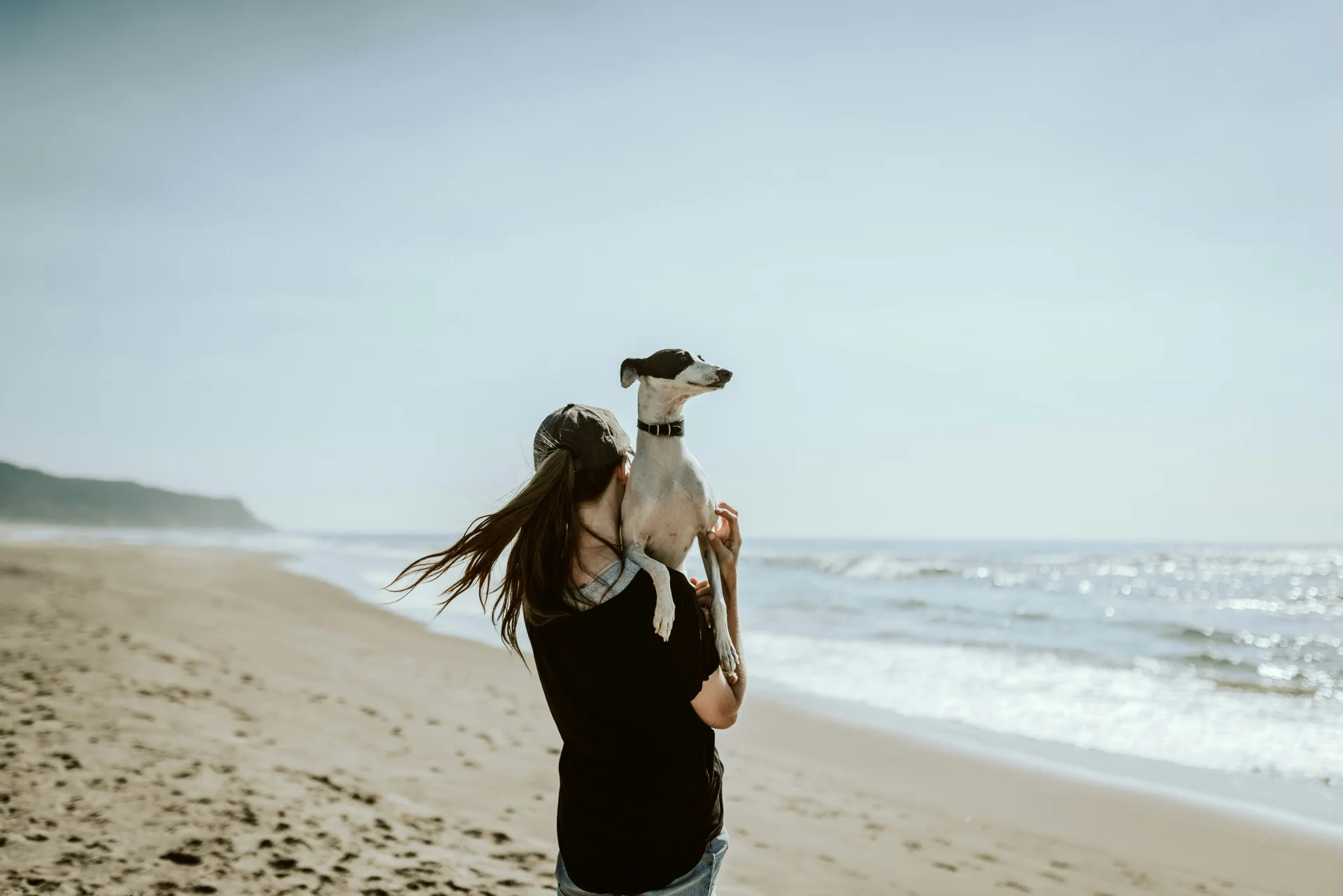Traveling with your dog can be a rewarding experience, but many pet owners find it challenging to navigate the logistics. From planning accommodations and restaurants to ensuring your pet's safety, responsible pet travel requires extra effort. Not doing it right can lead to stressful situations for you and your dog and potential harm to the environment and local communities.
The Pain: Travel Stress for You and Your Dog
Let’s be honest—bringing your dog along on a trip isn’t always smooth sailing. You may have experienced moments where your dog felt uncomfortable in new surroundings, or you had trouble finding pet-friendly places. A 2021 survey from Rover found that 72% of pet owners reported challenges with lodging, transport, and dining when traveling with their pets.
It can be even more stressful if you’re not prepared, leading to anxiety for your dog and headaches for you. Add to that the environmental impact of traveling with pets—such as improper waste disposal or disturbing wildlife—and suddenly, the excitement of a trip turns into an overwhelming task.
Another pain point during traveling with your pet is the community street pets which, without proper preparation can result in an unsafe situation for you and your pet.
The Risks of Irresponsible Pet Travel
It’s not just about comfort; irresponsible travel practices can have serious consequences. For example, not picking up after your dog can damage the local environment. In a 2018 study published by the National Park Service, improperly disposed dog waste was found to contaminate water sources and threaten local wildlife. Additionally, many popular tourist spots have delicate ecosystems, and letting dogs roam freely can disturb wildlife or plant life.
Furthermore, a lack of preparation can put your dog at risk. According to the American Veterinary Medical Association (AVMA), one in three pets will become lost during their lifetime, and this risk increases when pets are in unfamiliar surroundings.
How to Travel More Responsibly with Your Dog
Now that we understand the stakes, how can you travel more responsibly with your dog? Here are some practical tips to make sure both you and your furry companion have a safe, enjoyable, and eco-friendly trip.
- Plan Pet-Friendly Accommodations in Advance

Not all hotels or rentals are pet-friendly, and even fewer cater to environmentally conscious travelers. Ensure that you explore the hotel's website and reach out to ensure they are pet-friendly and are an eco-conscious accommodation. Choose places that offer green certifications, such as the Green Key or EarthCheck labels, which indicate sustainable practices.
Reports suggest, hotels that implemented eco-friendly initiatives like solar power and biodegradable waste bags for pets, saw a 30% increase in bookings from pet owners. This shows that responsible pet travel is becoming more mainstream, and your choices matter.
- Use Eco-Friendly Pet Products

Pack biodegradable waste bags and eco-friendly grooming products to minimize your environmental footprint. Many traditional pet products, like plastic bags and chemical-heavy shampoos, are harmful to the environment. Opt for eco-friendly alternatives, such as compostable bags and natural grooming products that won’t harm ecosystems when disposed of. - Practice Responsible Waste Disposal

Always clean up after your dog, no exceptions. In rural or natural areas, improper waste disposal can harm wildlife and contribute to water contamination. Keep a dedicated waste bag dispenser with you and dispose of it in designated areas. If you’re hiking or camping, check the local regulations on waste disposal to avoid fines or damaging the environment. - Keep Your Dog Leashed in Sensitive Areas

Many natural parks and protected areas require dogs to be on a leash to protect both your pet and the wildlife. Off-leash dogs can chase animals, destroy habitats, or even become prey themselves. - Ensure Proper Identification

Whether it’s a microchip or a simple ID tag, make sure your dog has updated identification. If your dog were to get lost in an unfamiliar area, this could be the key to reuniting quickly. A responsible traveler always ensures their dog’s safety first. - Take some treats for community dogs

When walking with your pet, it will be useful to carry some treats with you to share with the community pets especially if you and your pet find yourselves in an aggressive situation. A lot of time a treat helps to deescalate any situation that may arise with a street pet.
Conclusion: Responsible Travel Benefits Everyone
By planning ahead, using eco-friendly products, and respecting local environments, you can ensure that your trips are not only enjoyable but responsible. Whether you’re visiting a beach, a national park, the mountains or staying at a pet-friendly hotel, taking these extra steps will lead to a better experience for you, your dog, and the environment.
Start your next adventure with these tips and travel confidently, knowing you’re doing your part to keep your pet safe and the planet healthy.


